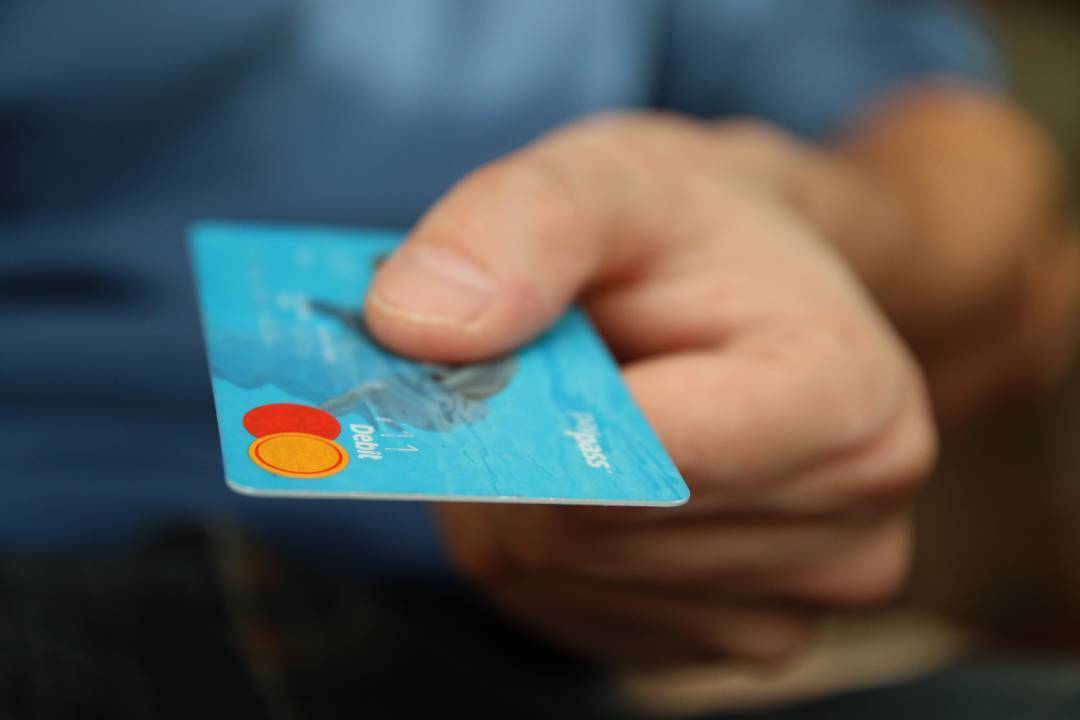

Banks are being pressured by the regulators (the Australian Competition and Consumer Commission) and the Australian Securities and Investments Commission) to compensate consumers who are victims of online scams. However, banks are pushing back, arguing that it would make victims too complacent knowing that if they make a mistake and were caught by a scammer, the banks would pick up the bill.
I think the banks make a slightly fair point.
In an exclusive story, The SMH says we’re talking about potentially billions of dollars in refunds. But the ACCC and ASIC think the banks should be involved in preventing scams and fraudulent behaviour and should also be a part of the reimbursement process.
Believe it or not, Aussies lose about $2bn a year because of scams. But as the SMH’s Charlotte Grieve explained: “The Australian Banking Association (ABA) has consistently stressed the need for greater personal responsibility in preventing scam losses, which has led some groups to accuse it of ‘victim blaming’”.
Of course, sometimes victims have been silly and one has to ask whether banks should be responsible for all the mistakes that consumers make often pursuing big returns and ignoring the risks.
As the old proverb goes: “A fool and his money are soon parted.” But sometimes the scammers are so smart they can even trick a smarter person who simply was a victim of a very smart scam.
I was recently asked to help someone who’d been attracted to a bond product offering interest rates higher than term deposits from a big four bank. Over about seven weeks he withdrew large amounts of the same size and progressively allocated about $800,000 to the fund.
The problem was it was not a fund that the big bank had any involvement in! The scammers had used the bank’s name and logo.
He lost his money and I was asked if I could do something.
The bank did help with some kind of reimbursement (which it didn’t have to do) but the case raises important points where banks should have responsibilities.
For starters, it indicates that the bank’s monitoring of the use of its brand name by scammers was especially weak. In this case, the victim made deposits over an eight-week period and in that time, you’d think an employee hired to protect the bank’s name and its customers or consumers generally would’ve picked up on this scam.
The victim in question was targeted online, undoubtedly where people of his age, persuasion and with his interests would hang out on the Internet. That looked like a big failure of the bank to protect its name and the money of potential scam victims.
And on the other side of this story, the bank where the money was withdrawn by a retiree customer showed itself to be out of touch with its customer. The fact that someone who’s making withdrawals and allocating the money to the same party should have raised some red flags.
When my wife was in the US some years ago, she caught up with my highly fashionable sister who was wearing a nice top. Maureen asked where my sister bought it. To my wife’s surprise, she said: “Target!”
Soon they were off to Target but when my wife used her credit card for this very nice but very ‘cheap’ product, the credit card transaction was stopped. After contacting her bank, my wife was told that the smallness of the transaction (and that it was out of character with her normal buying pattern!) in LA worried the bank’s surveillance systems!
The banks say if they were always to make good for a scam it would lead to a “moral hazard”, where victims would go ahead with risky deals knowing the bank would have to stump up any money lost.
The banks have listed lots of reasons for not being more scam responsible including that it would slow up legitimate, albeit risky-looking transactions that good customers would complain about. They also think the cost implications would be horrendous.
Clearly, better bank monitoring of scam behaviour is important and there should be a kind of inexpensive, consumer claims tribunal where a victim of a scam can argue their case without lawyers on either side, where if a bank has shown itself to be negligent in protecting a consumer they should be forced to compensate that person.
However, if the person has acted foolishly and the bank has not ignored its responsibilities then the bank should be let off the hook for any compensation.
This would definitely make banks improve their monitoring of scams where they might be accessories after the fact.
ASIC could have a role too. The financial watchdog could monitor all investment products that come up in the media and online, and they could rate them in terms of safety or risk. And if a product isn’t rated on the ASIC website, it could be a warning in its own right.